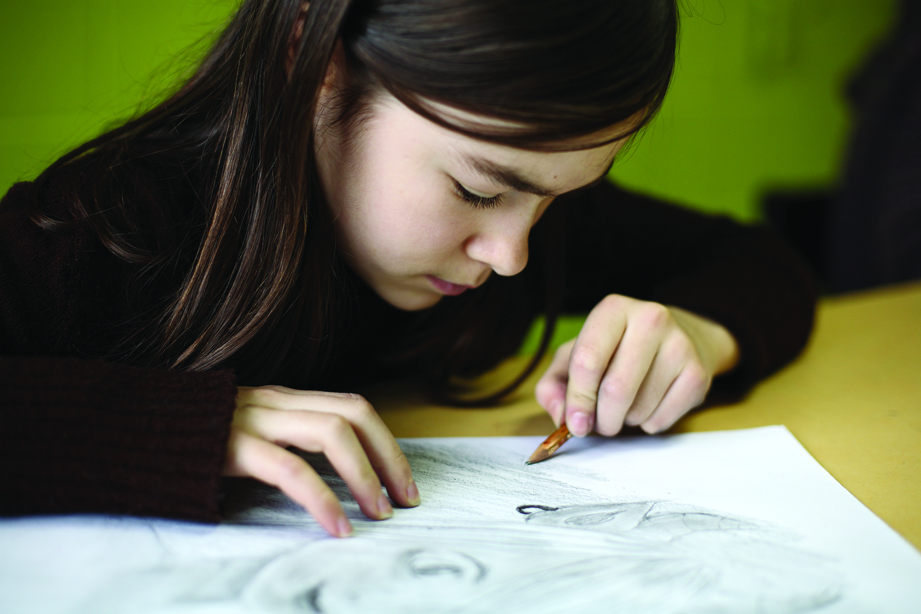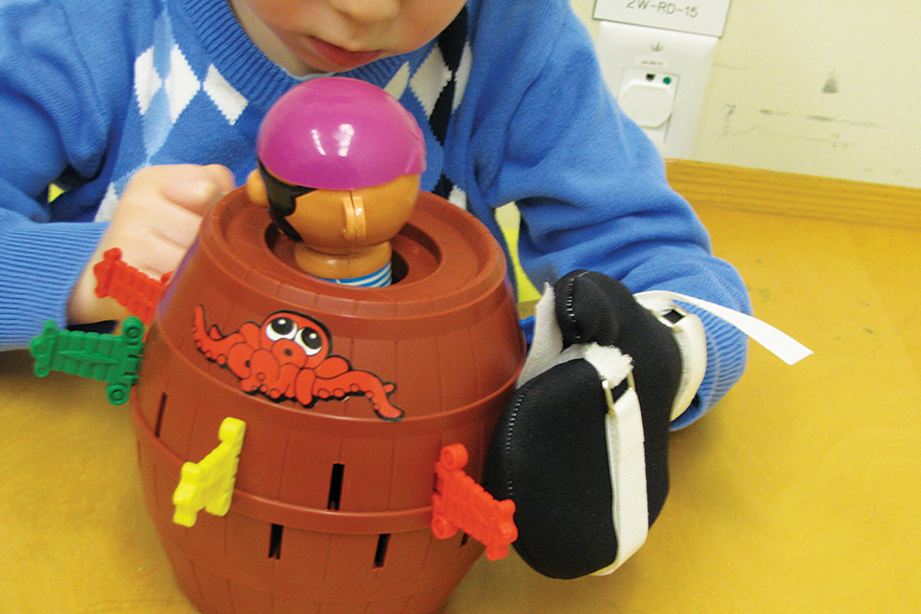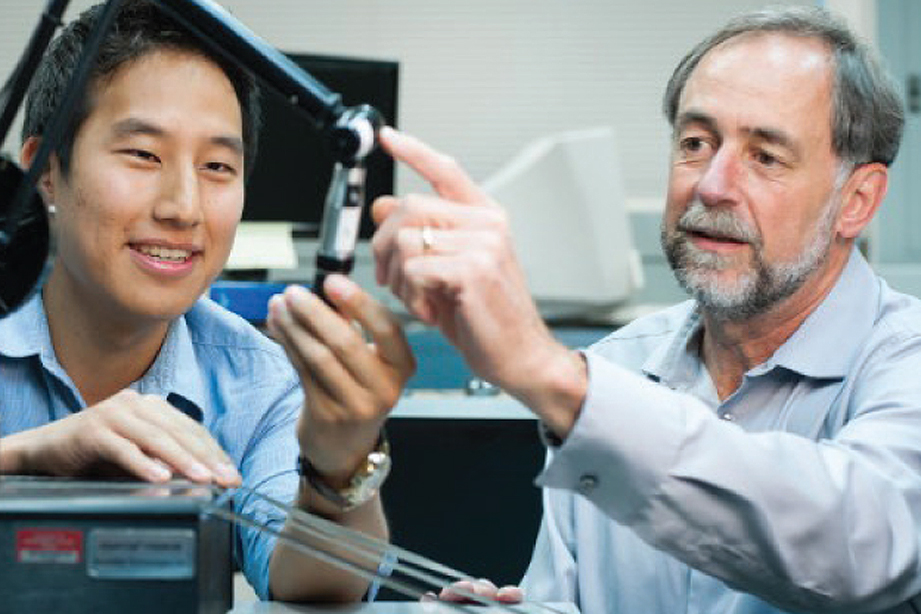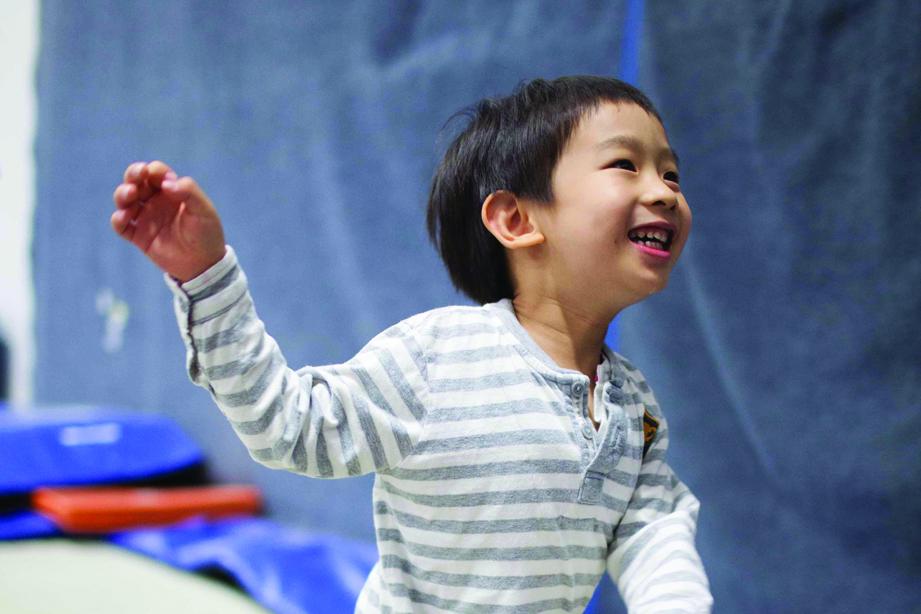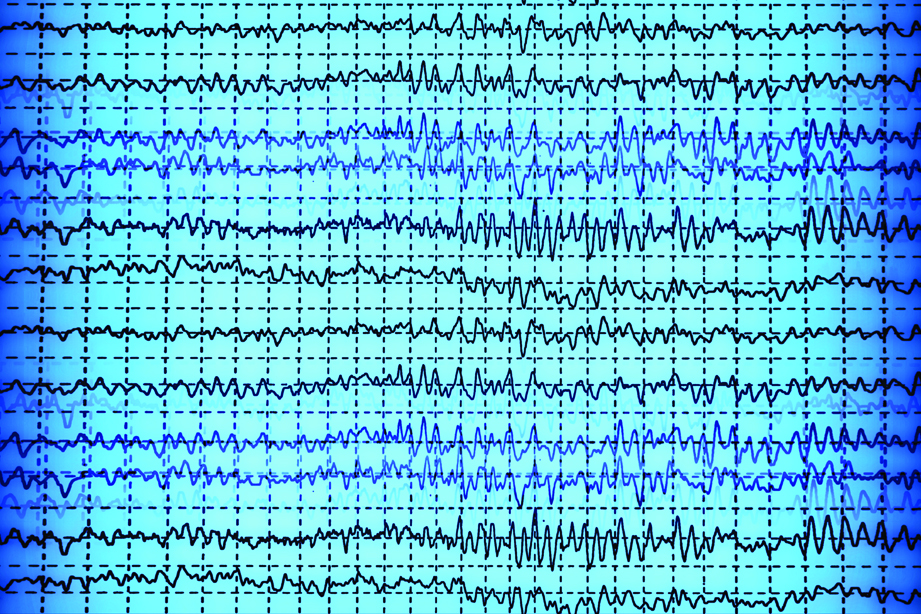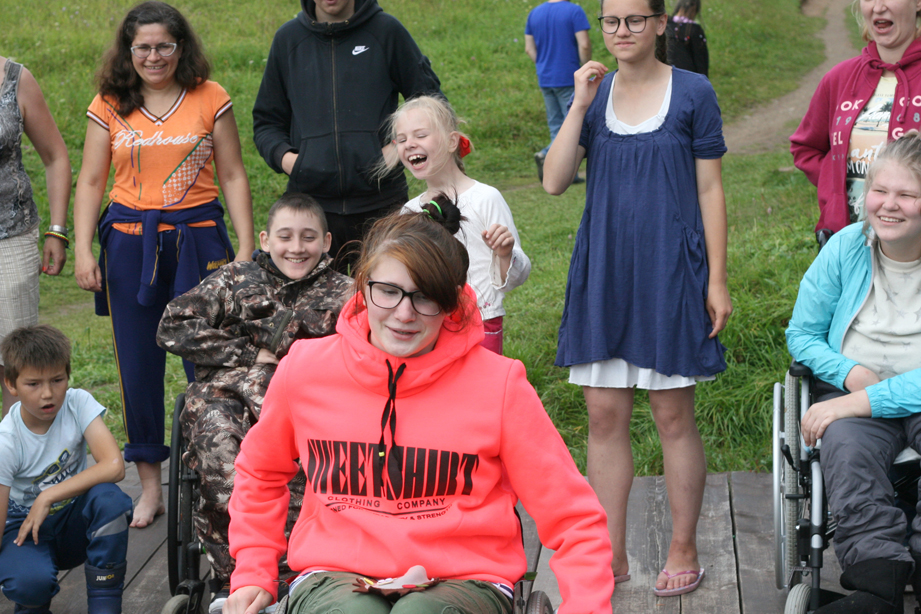Challenge There is a lot of academic writing on the challenges faced by children and youth with Autism Spectrum Disorder (ASD), however, much of what’s known is based on parent report or researchers’ observations. We know very little about the lived experiences of youth with ASD, from their own perspectives. ‘Giving voice’ (including to those [...]
Understanding the Cellular Mechanisms of Constraint-Induced Movement Therapy
Nicolas Turgeon-Morin2023-05-04T07:32:47-08:00Challenge One of the primary treatments for cerebral palsy (CP) is constraint-induced movement therapy (CIMT). CIMT immobilizes the stronger limb, forcing the patient to use – and hopefully improve function - in the weaker one. Our researcher team (led by Dr. Derek van der Kooy, University of Toronto) investigated why CIMT works. They believed it [...]
Using Technology to Improve the Lives of Children with Brain-Based Disabilities
Nicolas Turgeon-Morin2023-02-22T10:53:00-08:00Challenge Children with neurodevelopmental disabilities and their families have specific needs that are often left unmet by services. This fact necessitates a means of collecting and providing the skills, knowledge and expertise to address their concerns. Project Summary The TotTech team functions as an engineering hub to provide biomedical, mechanical and computer engineering expertise that [...]
Improving Physical Activity Programs for Children with Brain-Based Disabilities
Nicolas Turgeon-Morin2023-05-04T07:34:18-08:00Challenge It is well established that children benefit from physical activity. But for children with neurodevelopmental disabilities, participating in these activities is often challenging, which prevents them from engaging and, in turn, limits their development even further. Project Summary Community-based physical activity programs (PAPs) represent a low-cost, high-impact intervention strategy that can improve the function [...]
Using Mindfulness Activities to Reduce Stress and Anxiety in Adolescents with Autism
Nicolas Turgeon-Morin2023-05-04T07:34:48-08:00Challenge Adolescents with autism often struggle with anxiety, depression, stress and attention. While cognitive behavioural approaches can support many autistic youth, research shows that many participants will fail to respond to these kinds of treatments, and many of these interventions are targeted only at children 12 years of age and younger. Project Summary Based on [...]
Towards Implementation of EEG and NIRS in the Clinic
Nicolas Turgeon-Morin2023-05-04T07:35:16-08:00A National Team Approach Challenge Early diagnosis and early intervention for children with neurodevelopmental disorders (NDD) can help improve future development, increase social integration and allow better academic success. Scientists and clinicians have been increasingly interested in early diagnostic tools to assess brain function and cerebral activity, known as electroencephalographic (EEG) and optical imaging (near-infrared [...]
Service utilization, costs and impact of interventions for children with neurodevelopmental disabilities
Nicolas Turgeon-Morin2023-05-04T07:35:42-08:00Challenge More than 770,000 Canadians are currently living with ASD, FASD or CP — the most common neurodevelopmental disabilities. Treatments for these conditions have been focused on behavioural and symptom management because there now are no cures or effective preventions. For health care decision-makers to be able to make informed choices, there needs to be [...]
Intelligent Solutions for Atypical Auditory Processing in Children with Neurodevelopmental Disorders
Nicolas Turgeon-Morin2023-07-20T10:33:39-08:00Challenge Children with neurodevelopmental disorders (NDD) often experience atypical auditory processing — specifically hypersensitivity to sound. This sensitivity can be so severe that it prevents people with NDD from fully participating in social settings. While there are existing solutions, they often involve entirely removing a child from a noisy environment or using noise reduction devices [...]
Expansion of the Canadian Cerebral Palsy Registry
Nicolas Turgeon-Morin2023-05-04T07:37:52-08:00Challenge The Canadian Cerebral Palsy Registry initially launched in 2003 as a platform to store data from people diagnosed with cerebral palsy (CP). It has since expanded to include more than 2,250 participants with the disorder and has resulted in more than 35 academic publications. The next phase of the project is looking to expand [...]
Health Economic Assessment of KBHN Interventions
Nicolas Turgeon-Morin2023-05-04T07:38:18-08:00Challenge Disability is associated with increased health and social service costs that vary significantly with the severity of the disability. In Canada, estimating the costs associated with a neurodevelopmental disorder (NDD) is challenging because the diagnosis process is lengthy. There are many costs to consider throughout a person’s lifespan, such as medical care, educational expenses [...]

